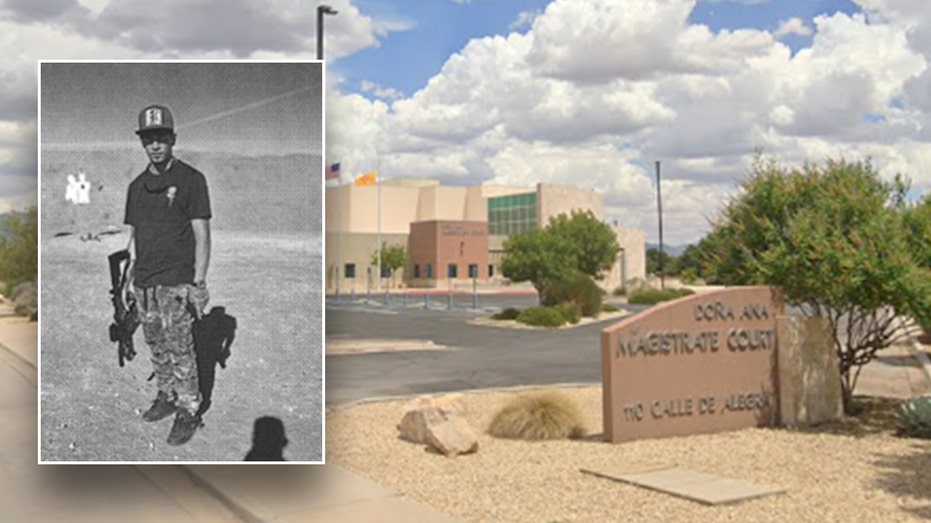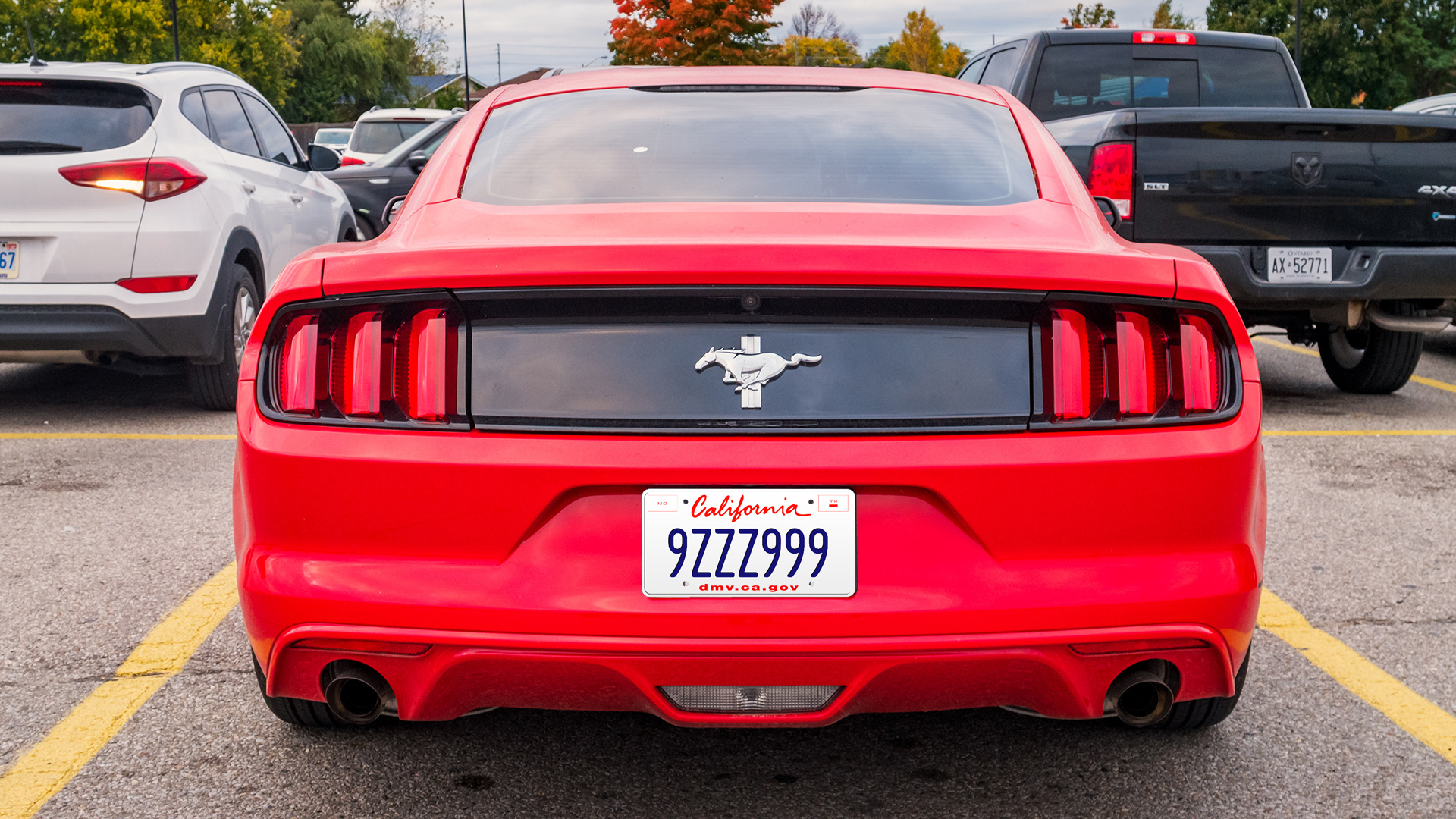Nvidia Begins US Production of Blackwell Chips, AI Systems to Follow
Nvidia announced Monday it plans to produce its AI supercomputers entirely in the United States. The company will work with a group of major manufacturing partners to establish a domestic supply chain for its Blackwell chips and systems. This is the first time Nvidia will carry out chip packaging and supercomputer assembly entirely within the United States. The company said it has commissioned more than a million square feet of manufacturing space to build and test NVIDIA Blackwell chips in Arizona and AI supercomputers in Texas. In a blog post, Nvidia said its Blackwell chips have started production at TSMC’s chip plants in Phoenix, Arizona. Nvidia is building supercomputer manufacturing plants in two cities in Texas, partnering with Foxconn in Houston and Wistron in Dallas. Mass production at both plants is expected to ramp up in the next 12-15 months, the company said. The company estimates that it will produce up to $500 billion worth of AI infrastructure in the U.S. over the next four years through its partnerships. CEO Jensen Huang framed the effort as a response to rising global demand for AI chips and a step toward a more resilient supply chain. “The engines of the world’s AI infrastructure are being built in the United States for the first time,” Huang said in a statement. “Adding American manufacturing helps us better meet the incredible and growing demand for AI chips and supercomputers, strengthens our supply chain and boosts our resiliency.” According to reporting from CNBC, Nvidia declined to comment when asked if there was a relationship between the announcement and President Donald Trump's tariffs. But there is growing political pressure to bring more semiconductor manufacturing onshore. Last week, Trump imposed tariffs on many imports from key technology hubs, including a 32 percent tariff on goods from Taiwan and 145 percent on those from China. However, over the weekend, Trump temporarily exempted semiconductors and consumer tech devices from those tariffs, while promising more information to come. The expansion is part of Nvidia’s larger vision to support a new type of datacenter built specifically for large-scale AI, those which the company refers to as “AI factories.” The company said domestic production could help drive long-term economic growth and job creation. “Tens of ‘gigawatt AI factories’ are expected to be built in the coming years,” Nvidia said. “Manufacturing NVIDIA AI chips and supercomputers for American AI factories is expected to create hundreds of thousands of jobs and drive trillions of dollars in economic security over the coming decades.” Nvidia’s mention of “gigawatt” AI factories reflects a growing consensus about the scale of infrastructure needed to support future AI workloads. The term refers to datacenters that consume gigawatts of power and are dedicated to training and running large AI models. The European Commission also cited gigawatt-scale AI factories in its recently released AI Action Plan, signaling that both industry and governments are beginning to plan for this new class of datacenters built around AI demand. With chip production underway and facilities under construction, Nvidia’s U.S. manufacturing push is moving from planning to execution. The coming year is shaping up to be a key test of how quickly the company and its partners can bring its largest-ever AI infrastructure online.

Nvidia announced Monday it plans to produce its AI supercomputers entirely in the United States. The company will work with a group of major manufacturing partners to establish a domestic supply chain for its Blackwell chips and systems. This is the first time Nvidia will carry out chip packaging and supercomputer assembly entirely within the United States.
The company said it has commissioned more than a million square feet of manufacturing space to build and test NVIDIA Blackwell chips in Arizona and AI supercomputers in Texas. In a blog post, Nvidia said its Blackwell chips have started production at TSMC’s chip plants in Phoenix, Arizona. Nvidia is building supercomputer manufacturing plants in two cities in Texas, partnering with Foxconn in Houston and Wistron in Dallas. Mass production at both plants is expected to ramp up in the next 12-15 months, the company said.
The company estimates that it will produce up to $500 billion worth of AI infrastructure in the U.S. over the next four years through its partnerships. CEO Jensen Huang framed the effort as a response to rising global demand for AI chips and a step toward a more resilient supply chain.
“The engines of the world’s AI infrastructure are being built in the United States for the first time,” Huang said in a statement. “Adding American manufacturing helps us better meet the incredible and growing demand for AI chips and supercomputers, strengthens our supply chain and boosts our resiliency.”
According to reporting from CNBC, Nvidia declined to comment when asked if there was a relationship between the announcement and President Donald Trump's tariffs. But there is growing political pressure to bring more semiconductor manufacturing onshore. Last week, Trump imposed tariffs on many imports from key technology hubs, including a 32 percent tariff on goods from Taiwan and 145 percent on those from China. However, over the weekend, Trump temporarily exempted semiconductors and consumer tech devices from those tariffs, while promising more information to come.
The expansion is part of Nvidia’s larger vision to support a new type of datacenter built specifically for large-scale AI, those which the company refers to as “AI factories.” The company said domestic production could help drive long-term economic growth and job creation.
“Tens of ‘gigawatt AI factories’ are expected to be built in the coming years,” Nvidia said. “Manufacturing NVIDIA AI chips and supercomputers for American AI factories is expected to create hundreds of thousands of jobs and drive trillions of dollars in economic security over the coming decades.”
Nvidia’s mention of “gigawatt” AI factories reflects a growing consensus about the scale of infrastructure needed to support future AI workloads. The term refers to datacenters that consume gigawatts of power and are dedicated to training and running large AI models. The European Commission also cited gigawatt-scale AI factories in its recently released AI Action Plan, signaling that both industry and governments are beginning to plan for this new class of datacenters built around AI demand.
With chip production underway and facilities under construction, Nvidia’s U.S. manufacturing push is moving from planning to execution. The coming year is shaping up to be a key test of how quickly the company and its partners can bring its largest-ever AI infrastructure online.










![From fast food worker to cybersecurity engineer with Tae'lur Alexis [Podcast #169]](https://cdn.hashnode.com/res/hashnode/image/upload/v1745242807605/8a6cf71c-144f-4c91-9532-62d7c92c0f65.png?#)































































